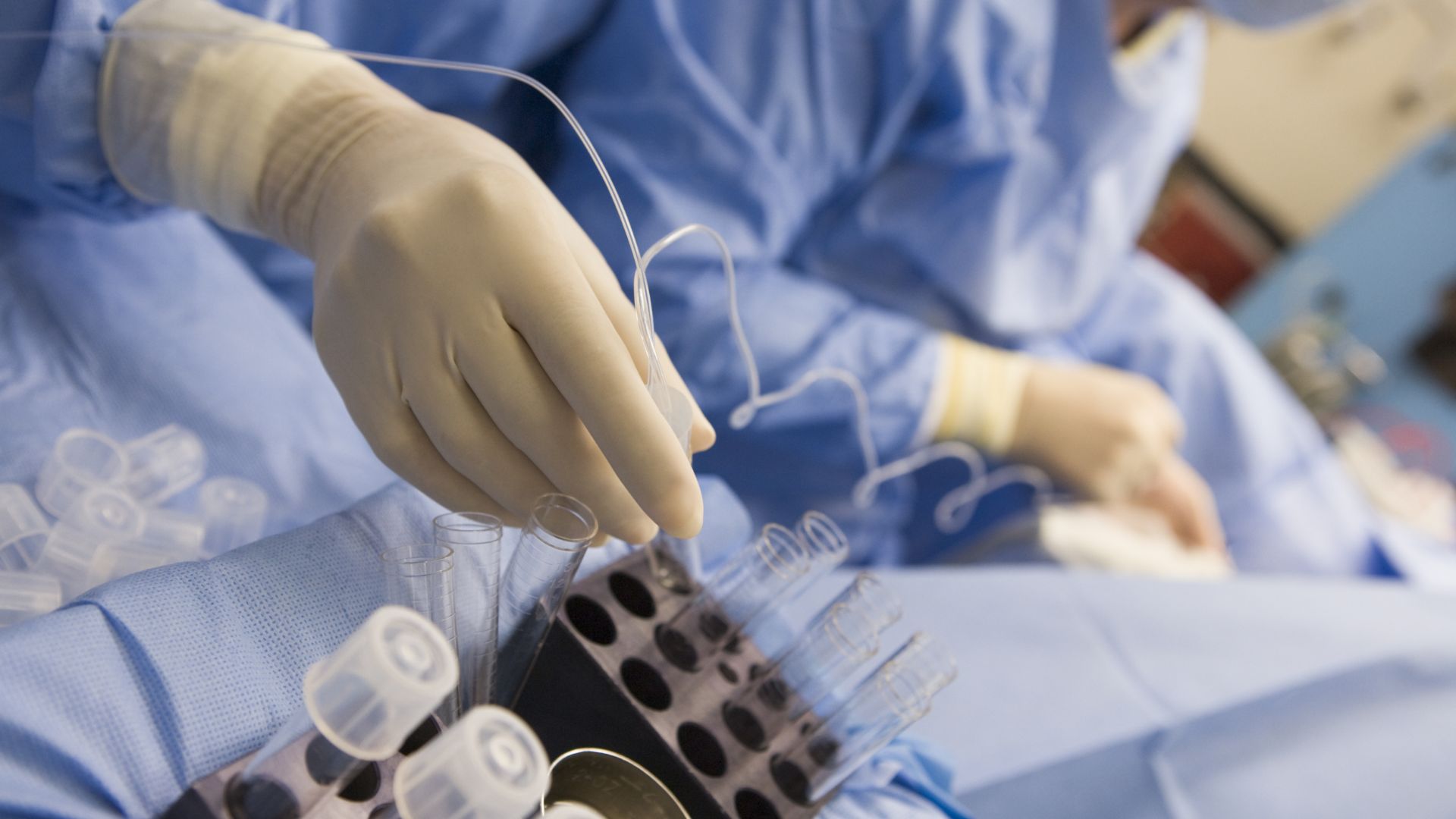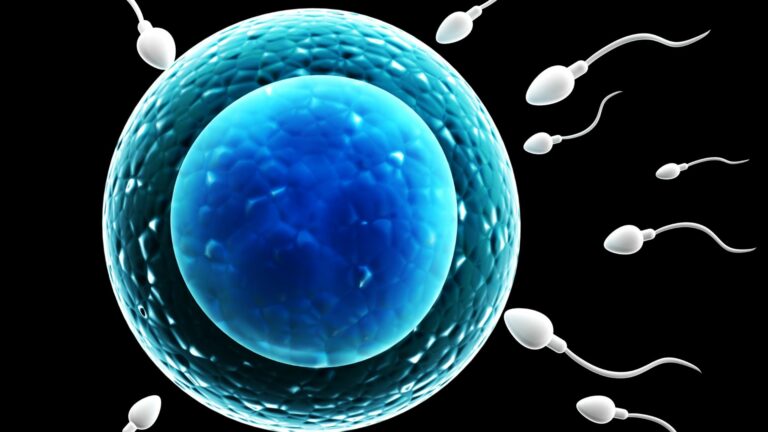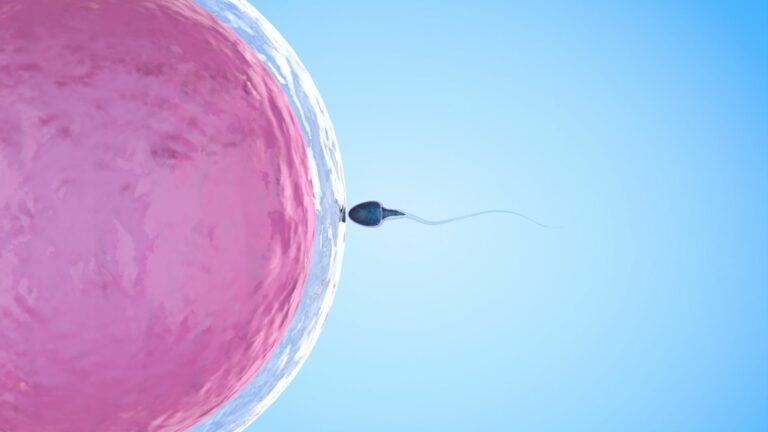
Egg (oocyte) retrieval is a key procedure in assisted reproductive technology (ART). This minimally invasive procedure involves extracting mature eggs from a woman’s ovaries for use in in vitro fertilization (IVF), egg freezing, or egg donation.
While egg retrieval is a common procedure worldwide, navigating it in India requires a specific understanding of the unique considerations and resources available.
This comprehensive guide aims to shed light on every aspect of egg retrieval in India, empowering you to make informed decisions for your fertility journey.
Why Egg Retrieval is Performed
There are three primary reasons why egg retrieval is performed:
- IVF Treatment: In IVF, the retrieved eggs are fertilized with sperm in a laboratory to create embryos. These embryos are then transferred to the woman’s uterus, with the hope of achieving pregnancy. Understanding the IVF process can significantly increase the chances of success.
- Egg Freezing: Women who wish to preserve their fertility for the future may choose to freeze their eggs. This allows them to delay parenthood due to personal reasons or career goals.
- Egg Donation: Egg retrieval is also performed for women who wish to donate their eggs to help others conceive.
Who is an Ideal Candidate for Egg Retrieval?
Egg retrieval isn’t a one-size-fits-all procedure. You might be a good candidate if you:
- Are undergoing IVF treatment
- Want to preserve your fertility for the future
- Are about to undergo medical treatments (like chemotherapy) that may affect your fertility
- Wish to donate your eggs
A fertility specialist will evaluate your suitability for egg retrieval based on several factors, including age, ovarian reserve (the number and quality of eggs), and overall health. These factors can significantly influence the potential success rates of IVF.
The Egg Retrieval Process Step-by-Step
Before the Procedure
The egg retrieval process involves several crucial steps to prepare your body and maximize the chances of successful egg collection:
- Initial Consultation: The journey begins with a consultation with a fertility specialist. During this appointment, you’ll discuss your medical history, undergo fertility testing, and explore your options. This is the time to ask questions and voice any concerns you may have about the process.
- Ovarian Stimulation: To encourage the development of multiple mature eggs, you’ll receive hormone injections for about 10-12 days leading up to the retrieval. This is a crucial step in the process, as it aims to increase the number of eggs available for fertilization.
- Monitoring: Throughout the stimulation phase, your response to the medication will be closely monitored through regular ultrasounds and blood tests. This helps the medical team assess follicle growth and hormone levels to determine the optimal time for retrieval.
- Trigger Shot: When your follicles reach the ideal size, you’ll receive a final injection called the trigger shot. This triggers the final maturation of the eggs and sets the timing for the retrieval procedure.
The Day of the Procedure
On the day of the egg retrieval, you can expect the following:
- Arrival and Preparation: You’ll arrive at the clinic and be guided through the preparation process. This may involve changing into a hospital gown and having an IV line inserted for sedation.
- The Procedure: The retrieval itself is a minimally invasive procedure performed under sedation. Guided by ultrasound, a thin needle is inserted through the vaginal wall to reach the ovaries. Mature eggs are then gently suctioned from their follicles and collected. The procedure typically takes 20-30 minutes.
- Recovery: After the retrieval, you’ll rest in the recovery area until the sedation wears off. Mild cramping and discomfort are normal during this time. You’ll need someone to drive you home and stay with you for the rest of the day.
After the Procedure
The post-procedure period is essential for a smooth recovery:
- Mild Cramping and Discomfort: You may experience cramps similar to menstrual cramps, as well as bloating or tenderness. Over-the-counter pain relief can help manage these symptoms.
- Light Spotting: Some light vaginal bleeding is common, but contact your clinic if it becomes heavy.
- Rest: It’s crucial to rest and avoid strenuous activities for the remainder of the day to allow your body to recover.
- Monitoring: Watch for any signs of complications like heavy bleeding, fever, or severe pain, and inform your clinic immediately if they occur.
The next steps after egg retrieval depend on the initial purpose of the procedure:
- IVF: The retrieved eggs are fertilized with sperm, and the resulting embryos are transferred to the uterus a few days later.
- Egg Freezing: The mature eggs are frozen and stored for future use.
- Egg Donation: The eggs are prepared for transfer to the recipient.
Egg Retrieval Costs and Financial Considerations in India
The cost of egg retrieval in India can vary significantly depending on several factors, including:
- Clinic Location: Clinics in metropolitan areas may charge more than those in smaller cities or towns.
- Clinic Reputation: Reputable clinics with high success rates and experienced specialists often have higher fees.
- Additional Procedures: The cost may increase if additional procedures are required, such as preimplantation genetic testing (PGT) or intracytoplasmic sperm injection (ICSI).
On average, you can expect to pay anywhere between ₹1,00,000 to ₹2,50,000 for an egg retrieval cycle in India. However, this is just an estimate, and the actual cost may be higher or lower depending on your specific circumstances and the clinic you choose.
Tips for Managing Costs:
- Research: Compare prices from different clinics and inquire about package deals or discounts.
- Financial Assistance: Some clinics offer payment plans or work with financial institutions that specialize in fertility treatments.
- Insurance Coverage: Check whether your insurance policy covers fertility treatments.
- Government Schemes: Investigate if there are any government-supported schemes or financial assistance programs available for fertility treatments.
Additional Costs to Consider:
- Medications: The medications used for ovarian stimulation can be a significant expense.
- Travel and Accommodation: If you need to travel for treatment, factor in the costs of transportation and accommodation.
- Follow-up Appointments: You’ll need to attend follow-up appointments after the retrieval, which may incur additional fees.
By carefully planning your finances and exploring all available options, you can manage the costs of egg retrieval in India and make informed decisions about your fertility treatment.
Legal and Ethical Considerations in India
Assisted reproductive technology (ART) in India is governed by specific legal regulations and ethical guidelines. It’s essential to be aware of these considerations before embarking on egg retrieval or any other fertility treatment:
- ICMR Guidelines: The Indian Council of Medical Research (ICMR) provides comprehensive guidelines on ART, including egg retrieval, donation, and storage. These guidelines ensure the ethical and safe practice of fertility treatments in India.
- Cultural and Religious Sensitivities: India is a diverse country with various cultural and religious beliefs. It’s crucial to discuss your personal values and beliefs with your partner, family, and medical provider to ensure that the chosen path aligns with your cultural and religious practices.
Myths and Misconceptions About Egg Retrieval
Egg retrieval, like many medical procedures, is surrounded by myths and misconceptions. Let’s debunk some of the most common ones:
- Myth: Egg retrieval is extremely painful.
- Fact: The procedure is performed under sedation, minimizing discomfort. Any post-procedure pain is usually mild and manageable with over-the-counter pain relief.
- Fact: The procedure is performed under sedation, minimizing discomfort. Any post-procedure pain is usually mild and manageable with over-the-counter pain relief.
- Myth: Egg retrieval depletes your egg supply and leads to early menopause.
- Fact: The procedure only retrieves eggs that are mature and would otherwise be naturally shed during your menstrual cycle.
- Fact: The procedure only retrieves eggs that are mature and would otherwise be naturally shed during your menstrual cycle.
- Myth: Egg retrieval guarantees pregnancy.
- Fact: While egg retrieval is a crucial step in IVF, the success of pregnancy depends on various factors like age, egg quality, and overall fertility health.
- Fact: While egg retrieval is a crucial step in IVF, the success of pregnancy depends on various factors like age, egg quality, and overall fertility health.
- Myth: IVF always results in multiple pregnancies.
- Fact: The risk of multiple pregnancies with IVF is higher than with natural conception, but techniques like single embryo transfer (SET) can help minimize this risk.
Section 6: Emotional Well-being During Egg Retrieval
The journey through fertility treatment, including egg retrieval, can be emotionally challenging. The anticipation, the physical demands, and the uncertainties involved can take a toll on your mental and emotional well-being. It’s important to acknowledge these feelings and seek support if needed.
Here are some tips for coping with the emotional aspects of egg retrieval:
- Talk about your feelings: Share your thoughts and emotions with your partner, family, friends, or a therapist.
- Join a support group: Connecting with others who are going through similar experiences can provide invaluable support and understanding.
- Practice relaxation techniques: Meditation, yoga, or deep breathing exercises can help reduce stress and anxiety.
- Take care of yourself: Prioritize sleep, nutrition, and exercise to maintain your physical and mental health.
- Don’t hesitate to seek professional help: If you’re struggling to cope, a therapist specializing in fertility issues can offer guidance and support.
Remember, you’re not alone in this journey. There are resources available to help you navigate the emotional ups and downs of egg retrieval and fertility treatment.
Success Stories of Egg Retrieval in India
Many individuals and couples in India have successfully undergone egg retrieval and achieved their dream of parenthood. Hearing their stories can provide hope and inspiration for those embarking on this journey.
Share a few inspiring stories of successful egg retrieval and IVF in India, if available. These stories can highlight the positive outcomes and demonstrate the effectiveness of the procedure in different scenarios.
Conclusion
Egg retrieval is a significant step towards parenthood for many individuals and couples. By understanding the process, the considerations involved, and the available resources in India, you can make informed decisions and feel empowered throughout your fertility journey. Remember, while the journey may have challenges, advanced medical science, a strong support system, and a hopeful spirit can pave the way for success.
Call to Action
If you’re considering egg retrieval in India, don’t hesitate to reach out to a reputable fertility clinic for personalized guidance and support. Explore online forums and support groups to connect with others who have gone through similar experiences. Remember, knowledge is power, and staying informed about your options is the first step towards achieving your dreams of starting or expanding your family.
Navigating Your Egg Retrieval Journey in India: Essential Resources
Egg retrieval is a complex process with many facets, and it’s natural to have questions and concerns along the way. To support you on your journey, we’ve compiled a list of resources that delve deeper into specific aspects related to egg retrieval and IVF in India:
- Understanding the Basics:
- What is IVF? : Start with the fundamentals of IVF to grasp the broader context of egg retrieval.
- IVF Process & Procedure: Get a detailed overview of the entire IVF journey, from consultation to embryo transfer.
- Optimizing Your Chances:
- How to Increase IVF Success Chances: Discover evidence-based tips and strategies to improve your odds of success.
- Preimplantation Genetic Screening: Learn about this advanced testing option for embryos, which can help identify potential genetic abnormalities.
- Considering Egg or Sperm Donation:
- IVF Donor Eggs: Explore the option of using donor eggs for IVF if you’re facing fertility challenges.
- IVF Donor Sperm: Understand the process of using donor sperm for IVF.
- Managing Costs and Expectations:
- IVF Success Rate: Get realistic expectations about IVF success rates in India.
- Cost After IVF: Learn about the various expenses you might encounter after the initial IVF cycle.
- IVF on a Budget: Discover strategies for managing the financial aspects of IVF treatment.
- Addressing Emotional and Psychological Aspects:
- Psychological Effects of IVF: Gain insights into the emotional challenges of fertility treatment and find coping strategies.
- Men’s Voices in IVF: Hear from men about their experiences with IVF and egg retrieval.
- Mental Health Impact on Partners in IVF: Understand how IVF can affect both partners emotionally and find ways to support each other.
- Additional Support and Information:
- IVF Common Questions FAQ: Find answers to frequently asked questions about IVF and egg retrieval.
- Multiple Pregnancy Risk & IVF: Learn about the risks and considerations associated with multiple pregnancies in IVF.
- Workplace Support for IVF: Explore resources and options for navigating IVF while working.
By utilizing these resources, you can gain a deeper understanding of the egg retrieval process, prepare yourself for the journey ahead, and make well-informed decisions that align with your unique needs and goals. Remember, knowledge and support are key to navigating this often complex but ultimately rewarding path.






